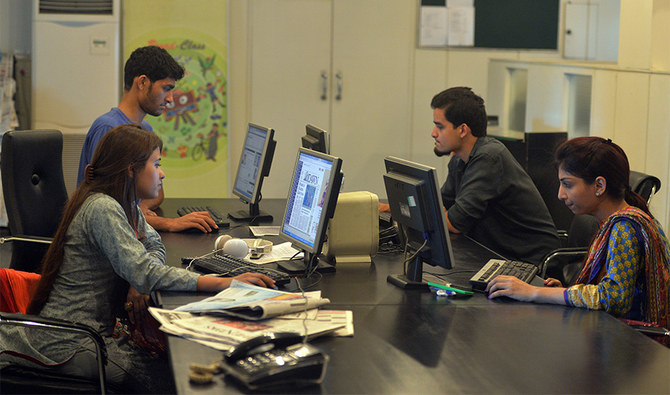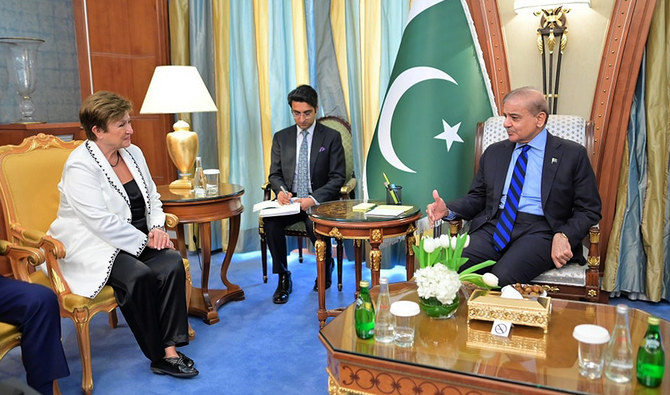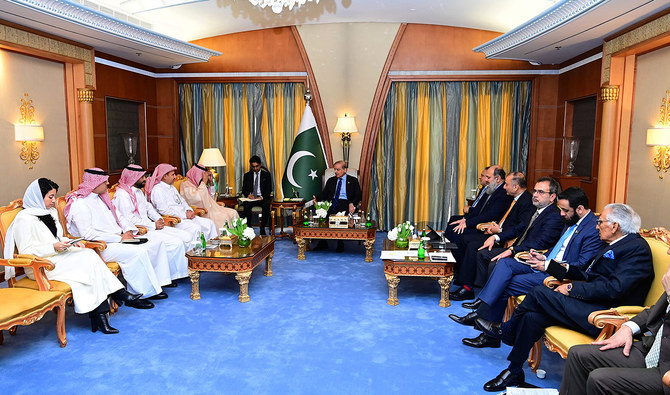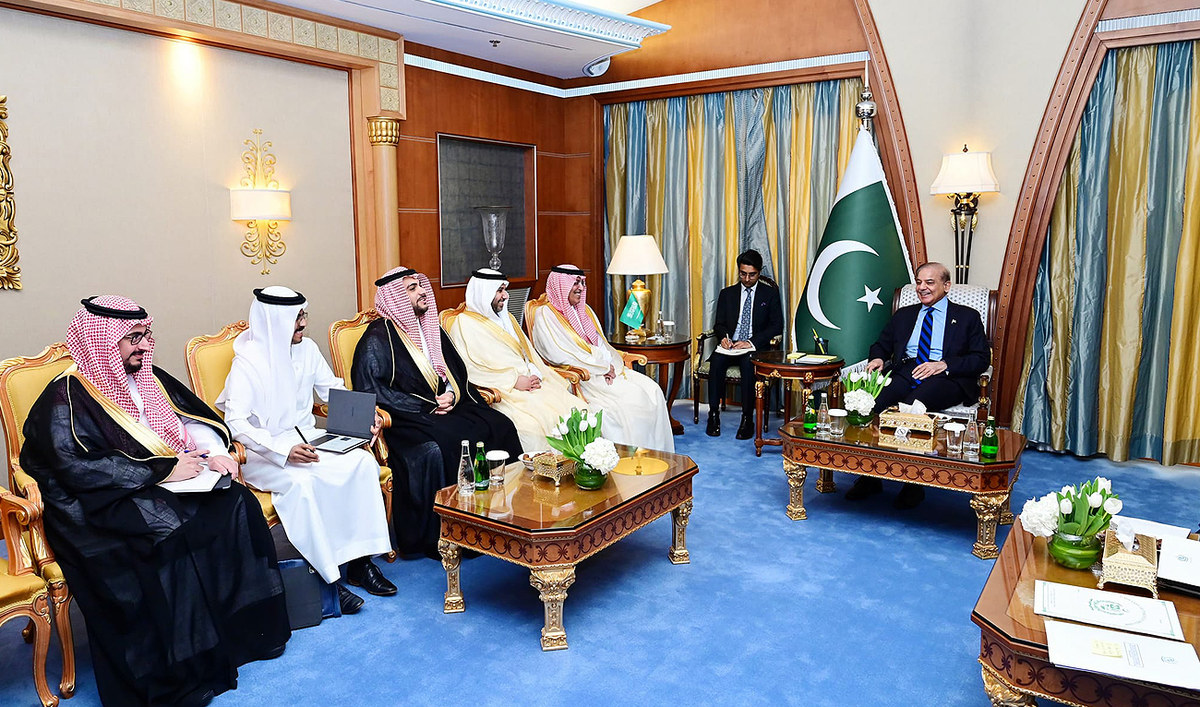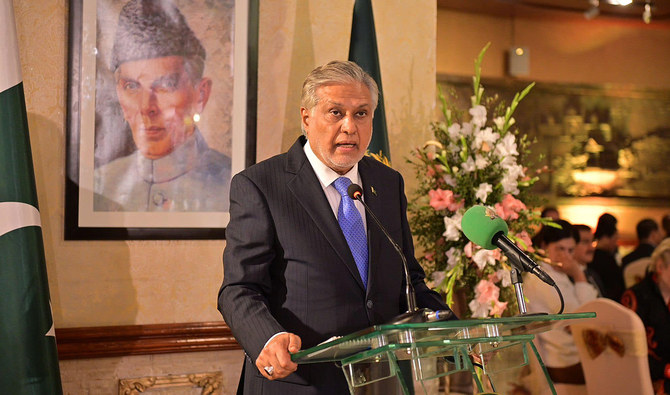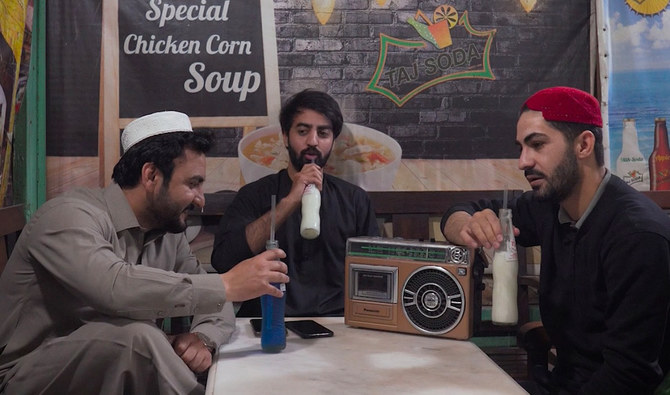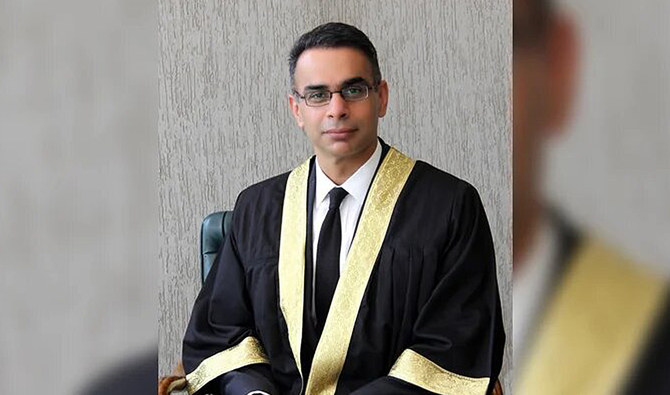KARACHI: The nationwide suspension of mobile Internet has had an enormous impact on the business activities of Pakistani companies providing ride-hailing and online delivery services along with financial sector organizations facilitating clients through electronic transactions, confirmed various stakeholders on Friday.
The government suspended mobile Internet following the arrest of former prime minister Imran Khan on charges of corruption on Tuesday, which led to violent protests in most major urban centers. According to the Pakistan Telecommunications Authority, the country has 52.79 percent mobile broadband penetration with 125 million subscribers.
The shutdown of mobile Internet impacted businesses and individuals who depend on digital apps, such as Bykea, Careem, InDrive, FoodPanda and others, making it difficult for thousands to continue their income stream.
“It is a tough situation,” Rafiq Malik, Bykea’s chief operating officer, told Arab News. “It is obvious that no driver can work without mobile Internet. It is a full shutdown.”
Bykea brought livelihood opportunities for low-income groups by enabling a crowdsourced network of motorbike owners to transport individuals, parcels, on-demand shopping and payments within various Pakistani cities.
“We normally do over 100,000 transactions per day,” Malik continued, “but for the last couple of days, not even 500 transactions have been made.”
He said that thousands of riders and their families were suffering financially due to the prevailing situation.
A spokesperson from Careem, a ride-hailing service, said the suspension of Internet had severely impacted its business across Pakistan.
“Since ride-hailing services rely on the Internet, its suspension hurts both customers who rely on it daily to get to school, work, and meet other appointments, and also the hundreds of thousands of hardworking drivers who use the platform to earn their livelihood and support their families,” the spokesperson said.
Mobile Internet shutdown has also had a significant impact on food and other online delivery services.
“The impact is around 70 percent,” Hassan Arshad, who works as a director with FoodPanda, told Arab News. “However, we are encouraging our riders to use Internet services at our hubs, partnering restaurants, and at our offices to mitigate the impact of the Internet service suspension.”
The retail sector has also been affected by the current political turmoil, suffering a revenue decline of around 60 percent.
Rana Tariq Mehboob, Chairman of Chainstore Association of Pakistan (CAP), a representative body of the country’s over 200 brands that operate over 20,000 outlets across Pakistan, said: “The online and related business has almost come to a standstill. The retail sales have declined by 60 percent in terms of revenue due to lower footfall, while the business in areas affected by violence has completely shut down.”
Habib Bank Limited (HBL), which processes over 30 percent of the entire throughput of the Point of Sales (POS) machines in Pakistan, experienced a decline in transactions in recent days.
“Over the past few days, we have seen that throughput has declined by over 60 percent,” said Ali Habib, HBL spokesperson, on Friday. “This is a function of shops/markets operating intermittently and the disrupted Internet connectivity affecting the functioning of the POS machines.”
With the deployment of security forces and improvement in the law-and-order situation in parts of the country, however, POS transactions through digital means have also improved.
The overall volume of transactions carried out through 1Link, which is among Pakistan’s largest payment system operators, declined by 21 percent on May 11, when compared with the average volume in the first seven days of the month.
On May 10, the transactions were down by 29 percent.
The volume of ATM transactions was down by 10 percent on May 11, compared to 17 percent recorded on May 10. The transactions were down by 47 percent on the International Payment Scheme (IPS) POS and 52 percent on PayPak POS on May 10, according to the data shared by 1Link with Arab News on Friday.
However, the volume of transactions was 33 percent down from the average of normal days on IPS but further declined to 58 percent for PayPak POS transactions compared to the average number of transactions from May 1-7.
The continued shutdown of mobile Internet services has also caused huge financial losses to mobile phone operators in Pakistan. According to estimates, the losses since Tuesday’s shutdown have increased to Rs2.45 billion ($8.3 million) by Friday.
The GSM Association, which represents the interests of mobile network operators worldwide, approached the government of Pakistan over the Internet shutdown. In a letter to Syed Amin UI Haque, the IT minister, the GSMA emphasized the importance of connectivity for individuals and businesses in today’s digital societies.
The GSMA letter reads: “Prolonged restrictions can also have far-reaching effects on citizens’ health, education, social and economic welfare. In addition to the harm imposed on businesses, restrictions can have a knock-on effect on credit and investment plans, ultimately damaging the country’s reputation for managing the economy and foreign investment.”
The GSMA discouraged the use of service restriction orders and urged the government to lift the suspension of services and restore access as soon as possible.
Aamir Ibrahim, the chief executive officer of the largest mobile phone operator Jazz in Pakistan, emphasized the critical role of mobile broadband in the digital ecosystem and its impact on productivity across all sectors.
“The suspension has devastating effects on the economy and people’s lives,” he said in a statement to Arab News. “The disruption not only limits their ability to communicate with friends and family, but it also deprives 125 million Pakistanis of access to essential services such as education, health care, and commerce, which are critical for their well-being.”



